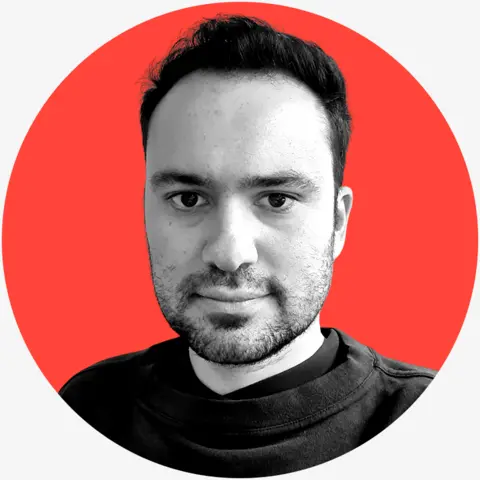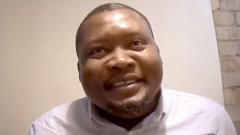The Ethical Quandary of Body Brokers: Navigating the US Body Parts Trade
Harold Dillard was 56 when he was diagnosed with aggressive cancer in November 2009, entering hospice care shortly thereafter. In his last days, a company called Bio Care approached him about donating his body for medical training. His daughter, Farrah Fasold, remembered his excitement at the prospect, believing it would lessen the burden on his family. However, after Dillard's death, the family's hopes were dashed when the police notified them that they had discovered his dismembered head.
This tragic personal story highlights the often unseen dark side of the body broker industry, where private firms profit from the dissection and sale of human remains, a practice increasingly viewed as modern grave-robbing. In the case of Dillard, police uncovered over 100 body parts from 45 individuals in the broker's warehouse, many of which were reportedly mutilated.
The body broker trade in the US operates in a gray area of legality and ethics. While some advocate for body donation as necessary for medical research and education, critics argue that a lack of stringent regulations allows for exploitation. Foreign markets are taking notice, with the US becoming a global exporter of cadavers—essential due to shortfalls in donations abroad.
Proponents of reform suggest that the US could benefit from stricter laws similar to those in the UK, where the for-profit trade of human body parts is largely illegal. Many stakeholders believe that improving public awareness of body donation and establishing a formal regulatory framework will help safeguard the dignity of donors.
As discussions around the ethical implications of body donation unfold, the story of Harold Dillard serves as a poignant reminder of the risks involved in this controversial industry. With advances in technology like virtual reality, the future of medical training may shift away from reliance on human cadavers, potentially changing the landscape of body donation forever.





















